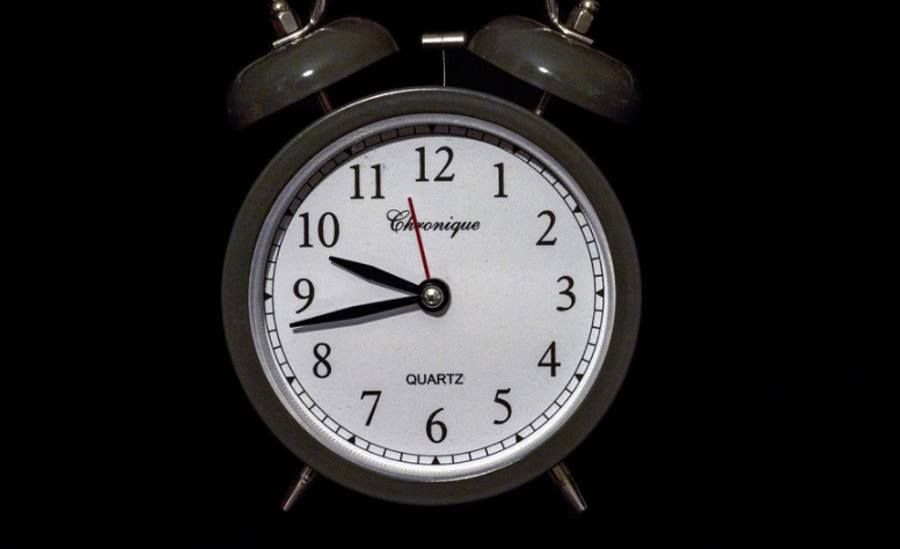This coming weekend we return to winter time
According to a directive of the European Union, on the last Sunday in October in each country Wspósummer time ends at. 1.00 universal time (GMT). MóThis is also evidenced by a decree from the President of the Council of Ministersów, whichóre regulates these issues in Poland. At the end of 2016, the government extended the use of summer and winter time until 2021. Taking place twice a year, the time change is expected to contribute to more efficient use of daylight and energy savings, although opinions are divided on these benefits.
In October of this year, the parliamentary Committee on Administration and Internal Affairs unanimously supported a bill authored by deputies of theóin the Polish People’s Party, whichóry assumes no change to summer and winter time. According to the PSL’s proposal, daylight saving time would be in effect all year round, but only as of October 1, 2018. Therefore, even if the PSL project gained the support of the Sejm, the Senate and the President, we would still be changing time in March 2018.
As the head of the PSL Wladyslaw Kosiniak-Kamysz explained, the PSL proposal is motivated m.In. economic, health and social considerations. Kosiniak-Kamysz argued that the time change causes – in addition to economic losses – m.in. more accidentsóin cars, incidentóin cardiovascular diseases, including heart attacksów.
Dr. n. med. Dorota Wolynczyk-Gmaj, a psychiatrist and specialist in the field of psychiatry. The sleep disorder study underscores that the science is inconclusive in ws. The impact of the time change on health. – The findings are contradictory or mutually exclusive. This is due to the fact that the research is conducted on róof different groups, in róThe research is carried out in various countries on the róThe change has a significant impact on the health of people,” he stressesóThe methodologies of these studies are different. Thus, it is difficult to say unequivocally how the change affects human health – emphasizing the.
However, according to prof. According to Prof. Elżbieta Pyza of the Institute of Zoology and Biomedical Research at the Jagiellonian University, it would be better if we did not have to change our clocks in the spring and winterów, only to function at all times in accordance with the indications of the internal clock, synchronized with the diurnal changes in the conditions of the dayów, które prevail the external environment.
In Poland, the time change was introduced in the interwar period, followed by 1946-1949, 1957-1964, and since 1977. It applies continuously.
